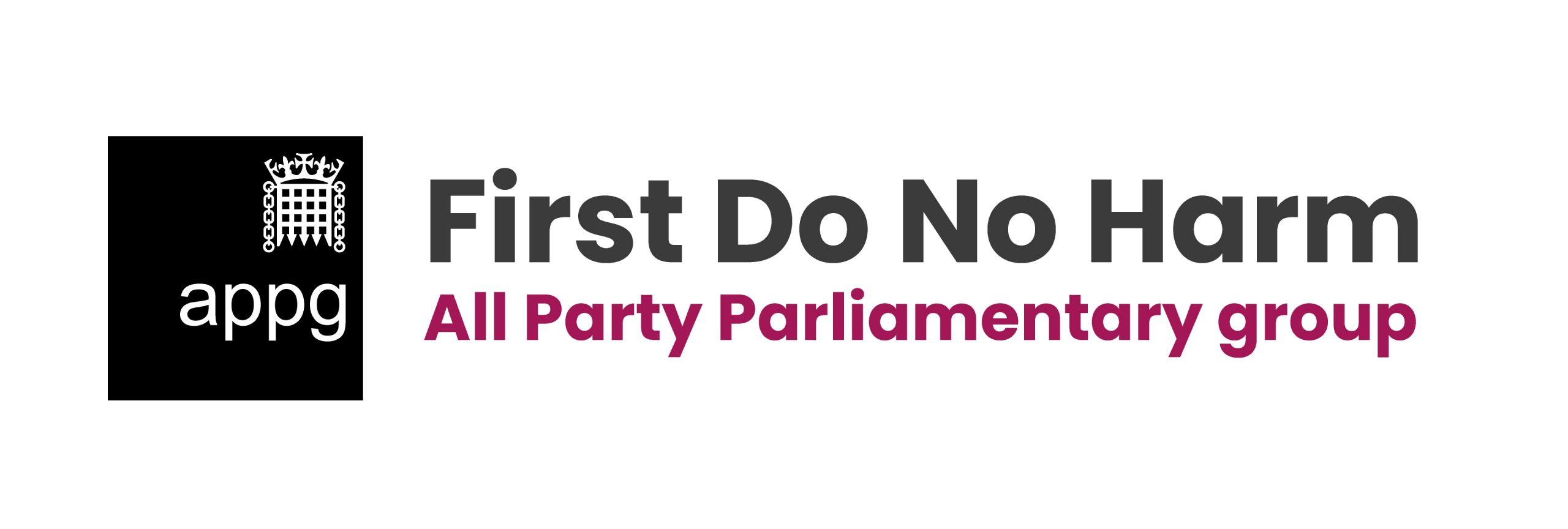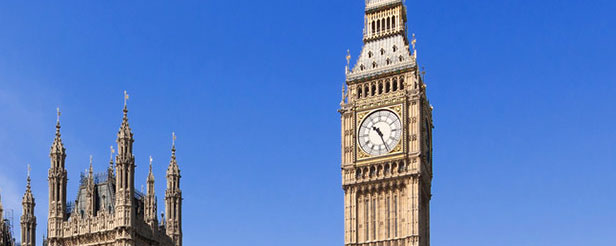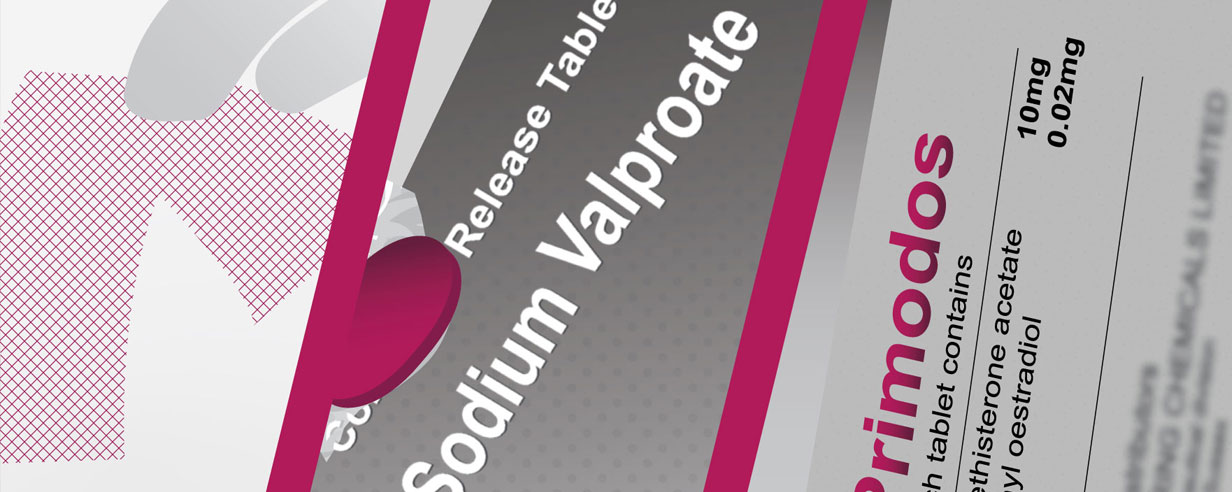Recruitment for patient reference group
The Department of Health & Social Care (DHSC) has announced its intention to appoint 15 people to a patient reference group. This group will work with DHSC as it develops and implements the Government’s response to First Do No Harm.
The following information has been copied from the website of Traverse  , an independent research and engagement consultancy that has been appointed by DHSC to recruit this patient reference group:
, an independent research and engagement consultancy that has been appointed by DHSC to recruit this patient reference group:
If you require any further information about this patient reference group, please email IMMDSRPatientGroup@traverse.ltd.
What will the group be doing?
- Meeting online to share experiences, ideas and recommendations
- Helping to shape the Government’s response to the IMMDS Review, ensuring that patient voices are heard in the process
- Providing advice, challenge, and scrutiny as the Government implements its response
We are looking for people who:
- Have a personal experience of or understand the context of the IMMDS Review
- Are committed to improving the experience of patients
- Want to engage with others on the group and DHSC representatives to support the development and implementation of the Government’s response to the IMMDS Review
- Can consider complex and emotive issues in a balanced and sensitive way
- Have good communication skills, and want to build strong working relationships with the rest of the group
If you are interested in getting involved, please contact us at IMMDSRPatientGroup@traverse.ltd for a recruitment pack and more information on how to apply.
We’re also looking for a co-chair to support group members contribute to the group and make sure group members are heard. If you know the English healthcare system well and are comfortable working on sensitive issues, take a look at the recruitment pack to find out more about the co-chair role and how to apply.
Meeting with the Minister for Patient Safety
On 26th January at 10:30am, the Minister for Patient Safety, Nadine Dorries MP will attend a virtual meeting of the APPG for First Do No Harm to provide an update on the Government’s thinking regarding the Review’s recommendations, further to the written statement released by the Department of Health and Social Care (DHSC) earlier this week.
The Minister will make an introductory statement before participating in a Q&A with Baroness Cumberlege, the Group’s officers and other parliamentarians. Patient campaigners and other interested parties are welcome to attend the meeting and to participate in the Q&A.
To register interest in attending the meeting which will be held on Zoom please contact the Group’s Secretariat at Luther Pendragon via fdnh@luther.co.uk.
Baroness Cumberlege’s op-ed in The Times
In an op-ed published in The Times Red Box today, and on the day the Medicines and Medical Devices Bill returns to the House of Lords, APPG Co-Chair Baroness Cumberlege restates the case for an independent Patient Safety Commissioner. The text from the article is copied below – to view the article in full click here. 
Patients need a voice if we are to avoid the medical harm caused in the past
In July last year, the Independent Medicines and Medical Devices Safety Review – which I chaired — published its landmark report, First Do No Harm. It followed a two-year review of harrowing patient testimony and a large volume of other evidence concerning three medical interventions: Primodos, sodium valproate and pelvic mesh.
Last month, Jeremy Hunt – who commissioned the review as health secretary – joined me in launching an all-party parliamentary group whose aim is to achieve the implementation of the review’s recommendations. At our first meeting before Christmas we were joined not only by a wide array of parliamentarians but by more than one hundred patient group representatives. Their knowledge, passion and dignity in the face of great suffering is inspirational.
Over the course of our work, my team and I observed a healthcare system that was disjointed, unresponsive and defensive. Our report set out in no uncertain terms how the system does not adequately recognise that patients are its raison d’être, and that it has failed to listen to their concerns and when, belatedly, it has decided to act it has too often moved glacially.
One of the nine wide-ranging and radical recommendations we made was to establish in statute an independent patient safety commissioner. This person would be the patients’ port of call, their listener and advocate, who holds the system to account, monitors trends, and demands action. It is our hope that this commissioner would be the golden thread tying this fragmented system together.
To see the benefits this new, independent and powerful voice brings, one only has to look at the work of existing commissioners in different policy areas in England. Anne Longfield, the children’s commissioner, for example, has spent the past year highlighting the dreadful impact of the pandemic on children’s safety and development, while Dame Vera Baird, the victims’ commissioner and Nicole Jacobs, the domestic abuse commissioner, have both lent their weight to the campaign to introduce a crime of non-fatal strangulation so that domestic abusers face more punitive sentences. This is, unquestionably, valuable work indeed.
In respect of medicines and medical devices, a truly independent patient safety commissioner would do similar: listen to patients and their families; look for trends and patterns that give rise to safety concerns; and require the healthcare system to act to reduce or remove the risk of avoidable harm. Had a patient safety commissioner existed before now, my team and I are in no doubt that much suffering could have been avoided.
I am pleased to say that the government has now accepted the need for a patient safety commissioner for England. It has brought forward its own amendment to the Medicines and Medical Devices Bill, which is being considered in the House of Lords today. I hope it will swiftly become law.
This is a topic upon which the government has listened and acted, and I thank them for it, but a full response to the review’s report is still outstanding some six months after publication. Action is urgently needed to ensure we help those who have already suffered and reduce the risk of harm to patients in future.
Baroness Cumberlege is a Conservative peer and was chairwoman of the Independent Medicines and Medical Devices Safety Review (2017-2020)
A written update on the Government’s response to the publication of ‘First Do No Harm’
Today, the Minister for Patient Safety, Nadine Dorries MP, provided a written update on the Government’s response to the publication of ‘First Do No Harm’. The Group will be considering this over the coming days.
To view the article in full click here. 
Baroness Cumberlege’s Letter to the Editor in The Times
In a Letter to the Editor published in The Times today, APPG Co-Chair Baroness Cumberlege argues in favour of the work of the Independent Medicines and Medical Devices Safety Review and its report, First Do No Harm. The text from the letter is copied below – to view the article in full click here. 
MRS MAY’S INQUIRIES
Sir, It was unreasonable to suggest in your news report that none of the inquiries set up by Theresa May’s administration has completed a final report (“£300m bill for May public inquiries before any of them produce report”, Jan 1). I was commissioned by Mrs May to investigate the harm done to women by two medications taken during pregnancy, and the life- changing pain experienced by many women fitted with vaginal mesh. Our report “First Do No Harm” cost about £1 million — modest for two and a half years’ work by a small team.
Of the nine recommendations that we made, one, an apology, has been achieved; a second recommendation, the appointment of a patients’ safety commissioner, is promised; vaginal mesh is now seldom used; and a First Do No Harm all-party parliamentary group has been established with private funding, to fulfil the other recommendations and bring justice to those harmed women.
Inquiries are only as good as the change for the better that results from their work. We are getting there.
Baroness Cumberlege
House of Lords


